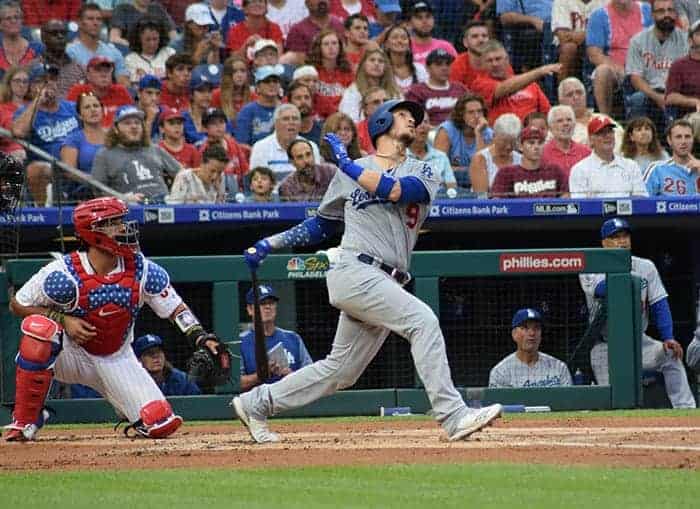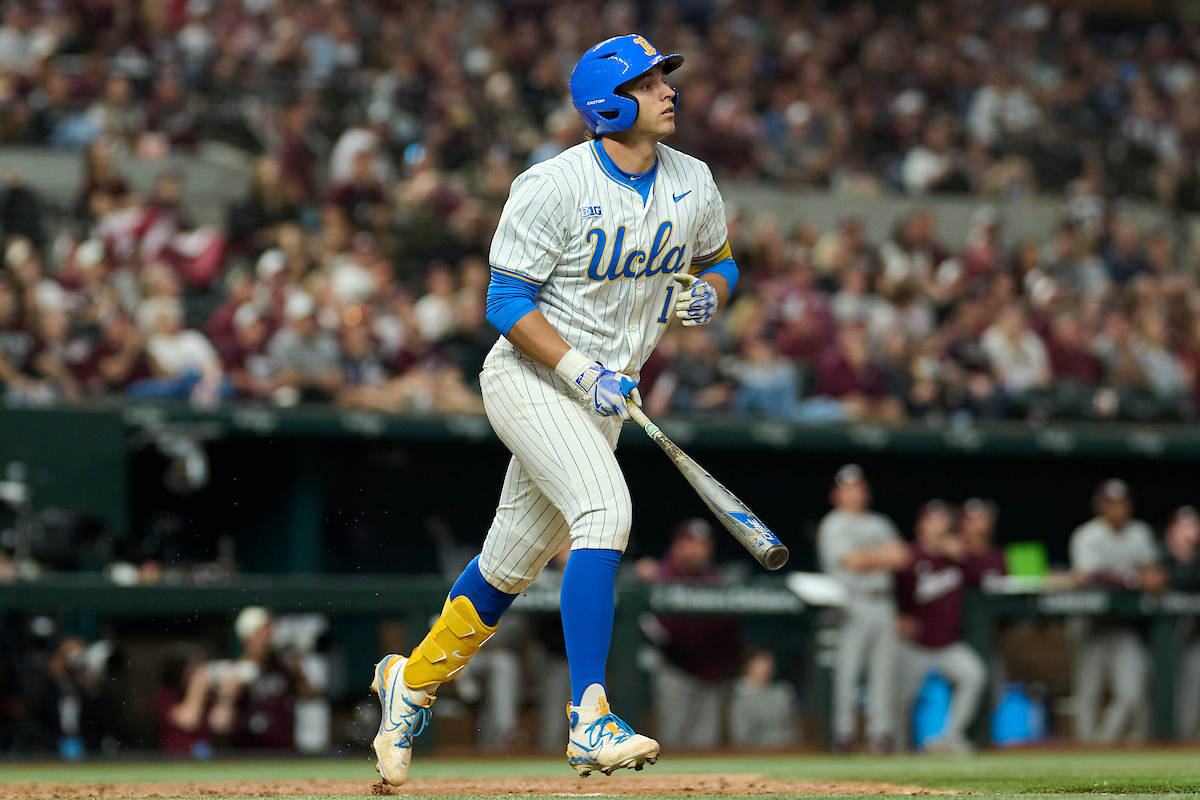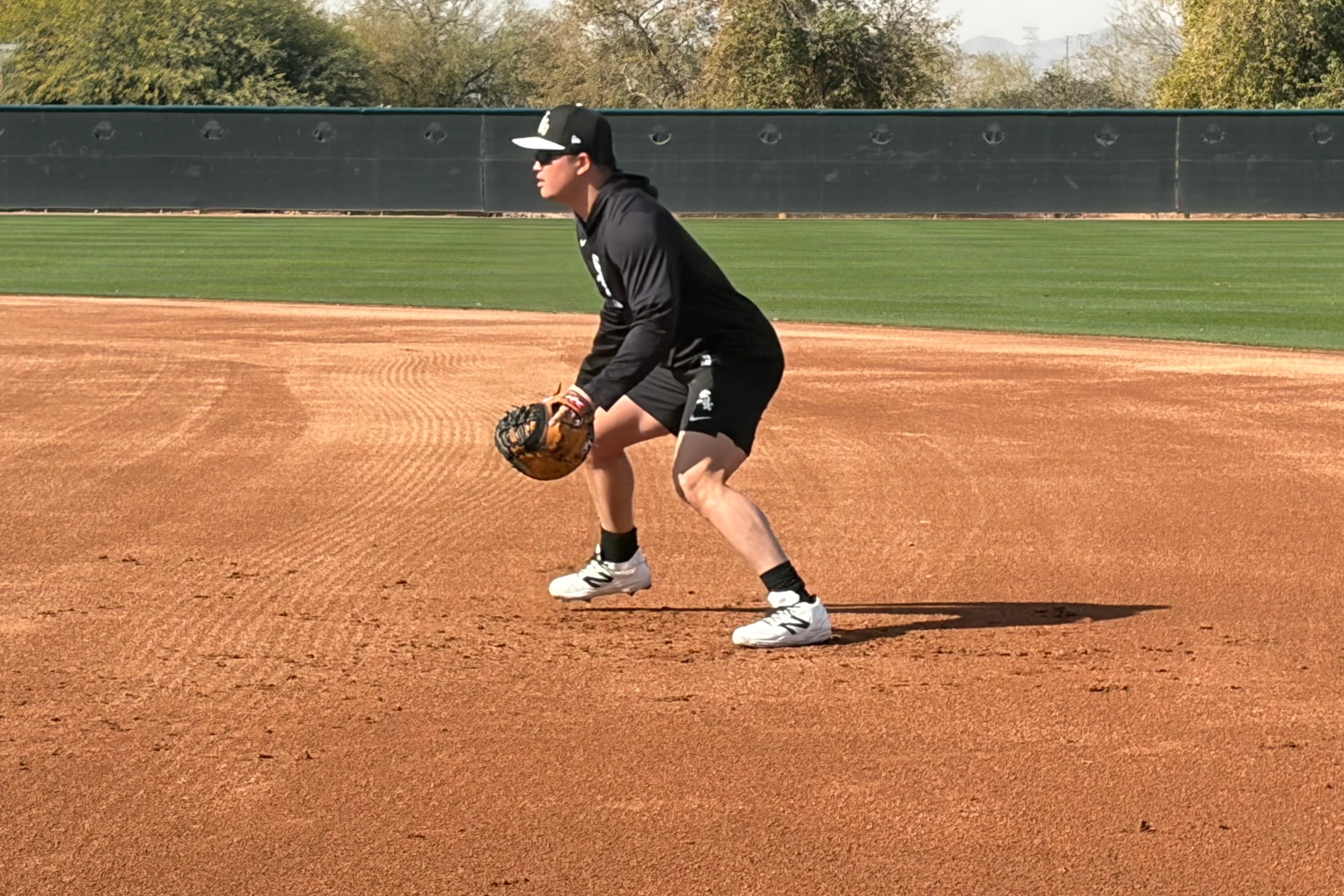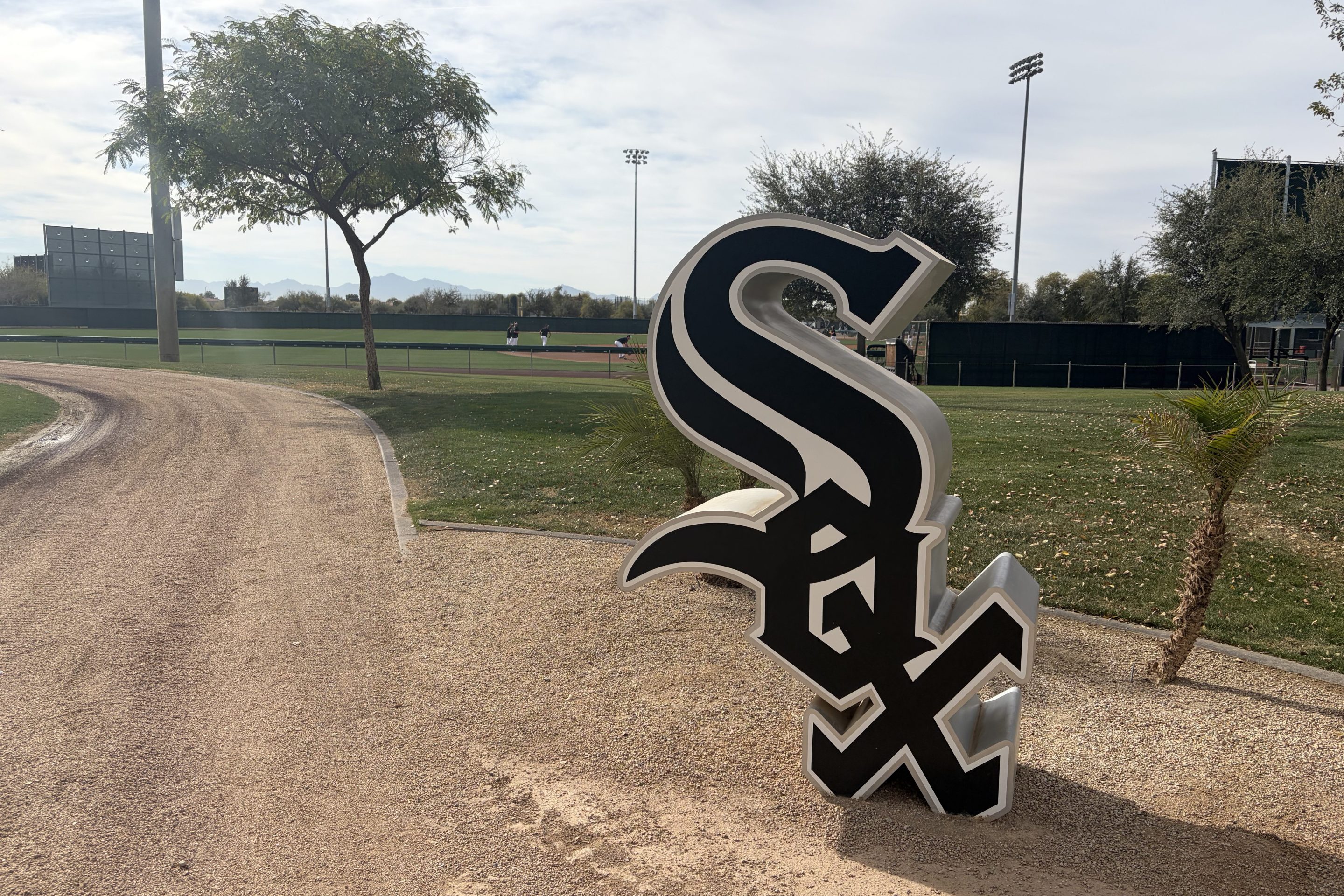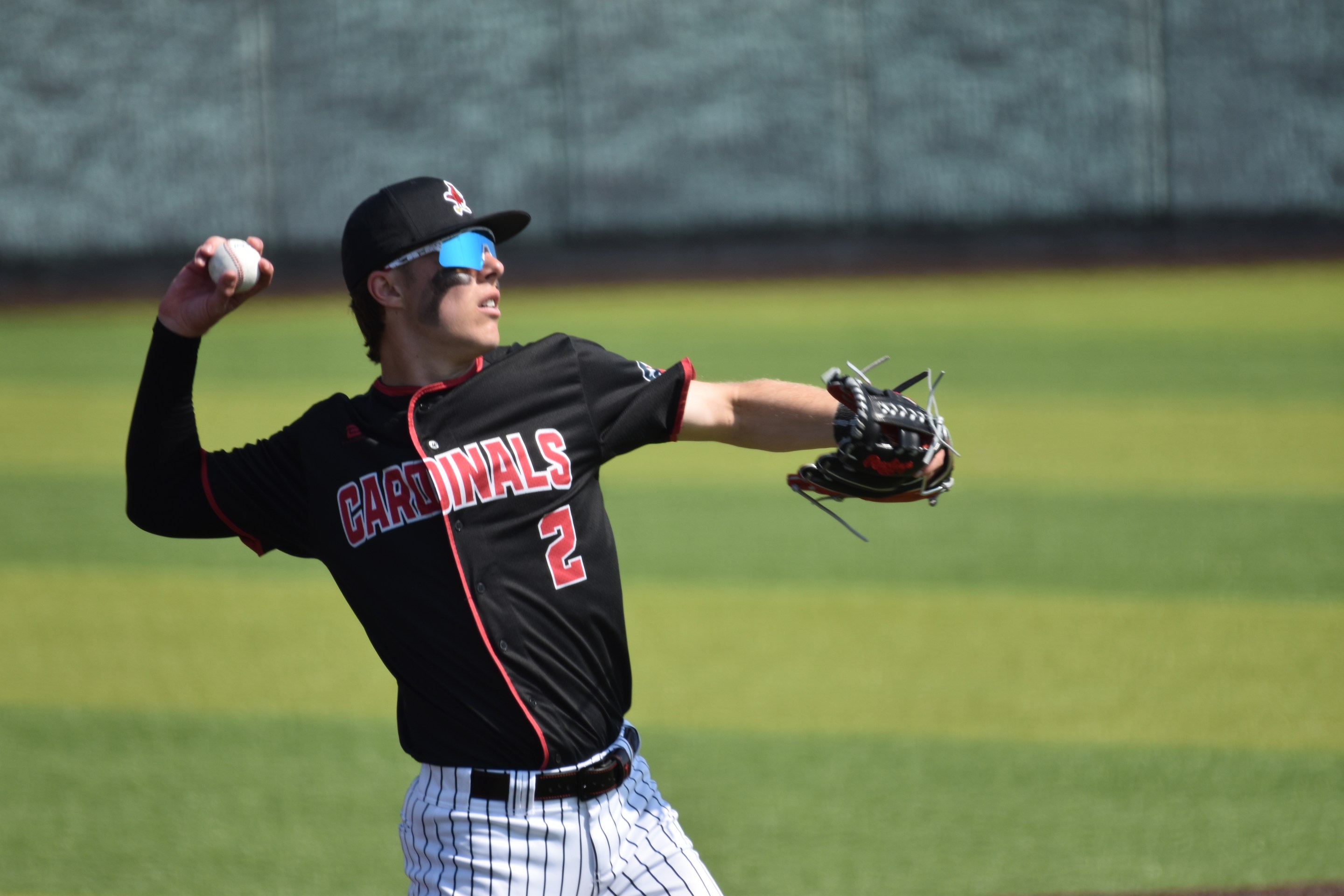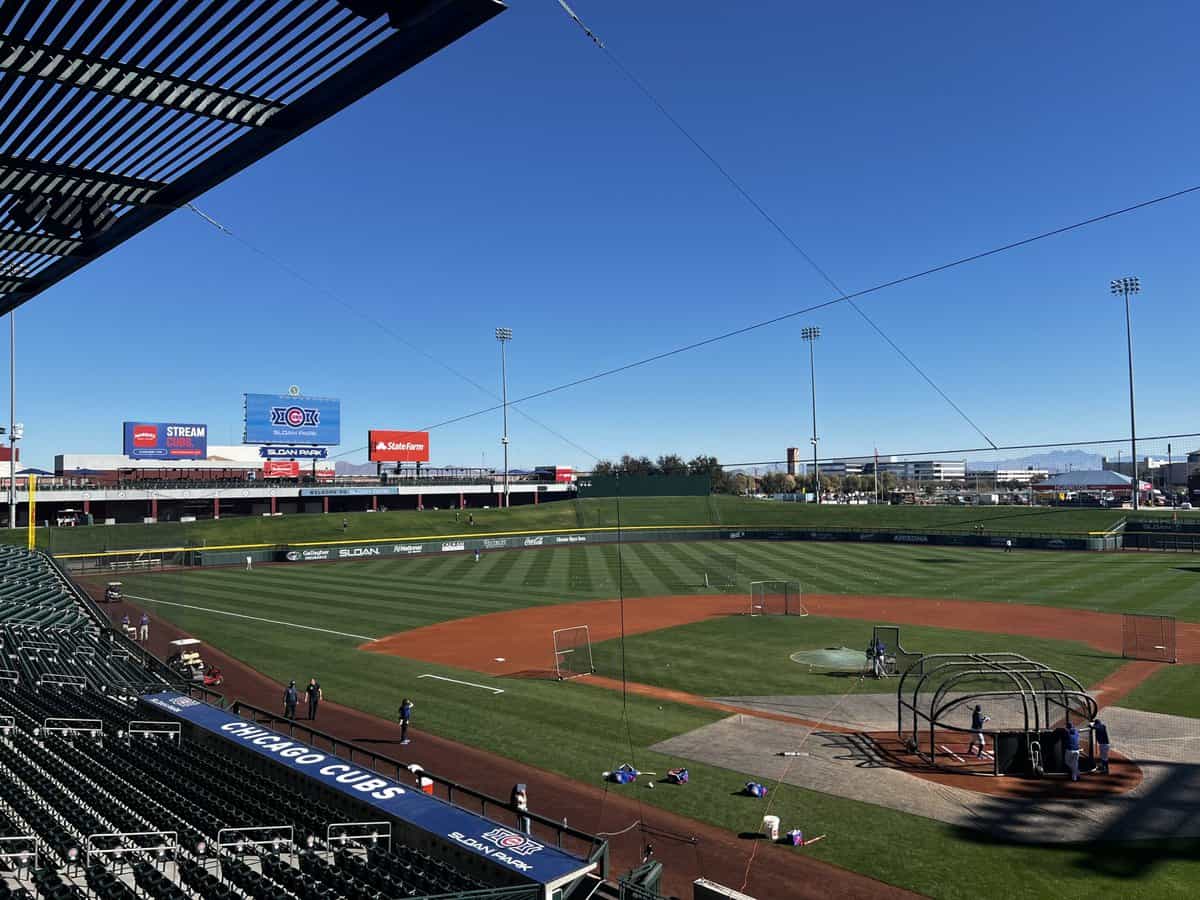Bless Yonder Alonso, who is willing to come up to Miami to weather both the actual weather and a torrent of questions about his brother-in-law, all in the name of SoxFest.
Besides the perpetual dangling of two of baseball's biggest stars, a couple other stories floated up to serve as lesser symbols of the strange, slow and troublesome offseason.
First, an Athletic story about Yasmani Grandal's formal Milwaukee introduction included a nugget pertinent to White Sox fans:
Grandal received multi-year offers from four teams: Mets, White Sox, Twins and Angels, sources tell The Athletic Wisconsin. But in a free-agent process Grandal deemed challenging, he opted for the one-year arrangement. [...]
“I had a lot of good deals,” Grandal said. “One of my responsibilities as a player is also to respect the guys going through this process before me like Brian McCann, Russell Martin, Yadier Molina, to mention a few of them.
The only known offer -- something like four years and $60 million from the Mets -- qualifies as more guaranteed money than the $18.25 million he'll earn from his one-year deal with the Brewers. Yet that proposed deal from New York falls short of the $17.9 million qualifying offer in terms of average annual value. That's not only a bit of a hit on Grandal, who turned down the offer from the Dodgers, but that also wouldn't be great for the players as a whole. The qualifying offer is determined by averaging the top 125 salaries in baseball, and I'm guessing the "respect" Grandal mentioned involves doing what he can to raise that bar with his status, not lower it. While short, his contract with the Brewers does a little bit more toward that end.
Regarding the White Sox, it's hard to imagine they made a "good" offer if Grandal only accepted one guaranteed year, but it works out in their favor regardless. They'll have a much clearer idea of their long-term catching forecast after the season and Grandal can't receive another qualifying offer. Then again, that arrangement works out for just about every team that could use a Grandal type next year. The problem is that a lot teams aren't so eager to act on these opportunities.
Instead, look at what Tigers GM Al Avila said on Wednesday:
"Is 2021 the time to, OK, start spending some money?" Avila said. "I don't know. I do know that we will have some money by 2021 to start going out there. I've talked to Chris Ilitch and I know that whether it be 2021, 2022, at that point, we will be at a place from a payroll perspective where I want to be at, where I'm comfortable where financially I know we're in a good place. No different than, let's say, the White Sox are right now, the Phillies. There are certain teams right now that financially they've got the flexibility to do whatever they want. They've got some prospects in place that have already played a year or two, San Diego's going through the same thing."
That's where the Tigers are -- hoping that in two years, they can be like the 2019 White Sox, whom they just finished ahead of in the AL Central.
Meanwhile, the one team that's actually equipped to keep the Cleveland Indians honest -- and one that's free of the most onerous contract on their books -- hasn't been inspired to finish the job.
These are strange days, because baseball is a zero-sum game, but teams aren't acting in zero-sum way. When so many teams are sitting it out, you'd expect other teams to pounce. A good chunk of these teams are instead content to cite "responsibility" and "sustainable success."
The problem? The amount of teams chasing "sustainable success" is greater than the number of teams that are actually going to be allowed to enjoy it, especially when you factor in the teams already good at sustaining said success. Whether free agent to free agent or team to team, the math throws an error on the calculator, and it's going to be tough to identify an easy way to resolve it.
